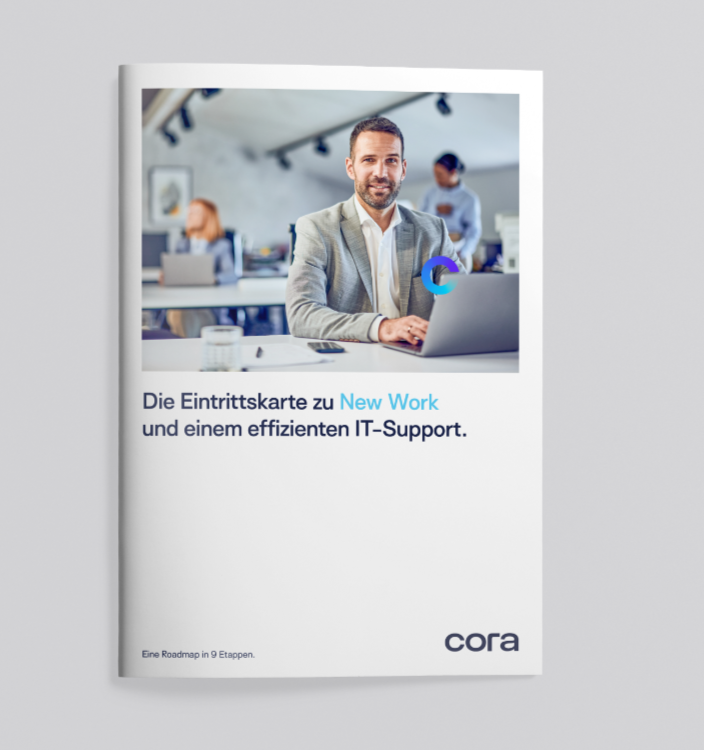If you really want to integrate Generation Z, you have to offer more than just modern tools: It needs new structures, real flexibility and the courage to update the generation.
The German labor market is facing a structural upheaval of historic proportions: by 2035, the so-called baby boomer generation - those born between 1955 and 1969 - will largely retire from the workforce. According to the Bundesbank, we will lose around 4.8 million workers as a result, which corresponds to a decline of almost 10 %.
Time for a generational update
This decline is not only affecting industry, care and administration. The IT sector, traditionally affected by a permanent shortage of skilled workers, has also been hit hard. This is particularly serious in the operational area: IT support and IT operations are professional fields in which experience plays a central role. Many of these roles are still filled by long-serving employees - often aged between 55 and 65. Their departure not only leaves gaps in personnel, but also an immaterial vacuum: process knowledge, infrastructure expertise and system history are lost.
However, unlike in other professional fields, this gap cannot be closed simply by recruiting more staff. This is because the IT market has already been swept clean and the demand for qualified staff far exceeds the supply - especially in support and admin roles.
Generation Z enters the stage
The good news is that a new generation is entering the job market. The so-called Generation Z - born between around 1997 and 2012 - has completed their education, gained their first professional experience and is beginning to actively shape the job market.
But they tick differently than their predecessors. Gen Z is not only asking new questions - it also has new answers. Instead of just "career thinking", what counts for them:
- Meaningfulness and value orientation: They want to understand what they are working for and not just what they are doing.
- Work-life integration instead of 9-to-5: Flexibility, but with clear boundaries.
- Digital as a matter of course: Gen Z has grown up with smartphones, the cloud and self-service. Unmodern tools are a no-go for them.
- Feedback and learning culture: regular feedback and development opportunities are not an optional extra, but a prerequisite.
- Diversity, sustainability and attitude: companies are measured by their values, both internally and externally.
These requirements apply across all industries, but they become even more relevant in the IT environment, where speed, technology affinity and change are already part of everyday life.


